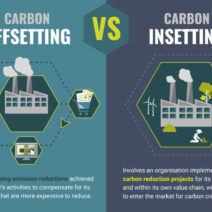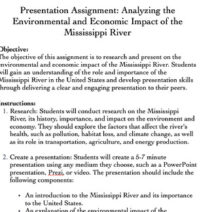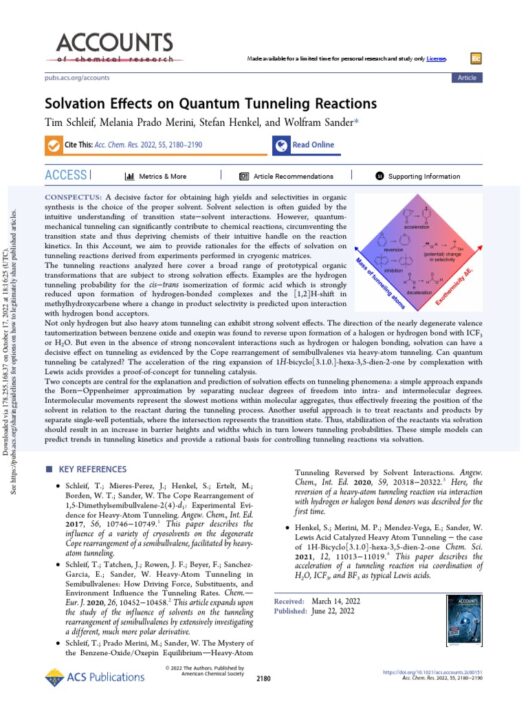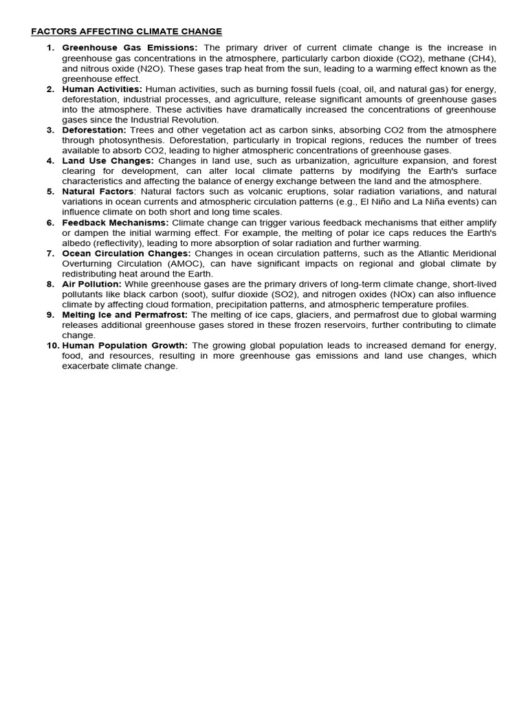The intersection of scripture and scientific discourse has long been a fertile ground for discussion, particularly in the realm of environmental stewardship. Among the myriad of global issues facing humanity, climate change, often manifested as global warming, has garnered significant attention from various sectors, including theological circles. Notably, a question arises: does the Bible provide insights or relevance to our understanding of this contemporary phenomenon? The exploration of biblical texts alongside scientific narratives reveals intriguing parallels and a deeper appreciation for the interconnectedness of faith and environmental ethics.
First, it is crucial to delineate what is commonly understood as global warming. The term refers to the gradual increase in Earth’s average surface temperature due to human-induced emissions of greenhouse gases, primarily carbon dioxide. This shift has profound implications, leading to extreme weather patterns, rising sea levels, and the disruption of ecological balance. The scientific community approaches these changes through rigorous research and empirical data, forging a path toward potential solutions through renewable energies and sustainability practices. However, what can the Bible contribute to this discourse?
In Genesis, the notion of stewardship is paramount. Human beings are entrusted with the care of creation as articulated in Genesis 1:28: “And God blessed them. And God said to them, Be fruitful and multiply and fill the earth and subdue it.” This directive implies not only the proliferation of humanity but also a responsibility toward the natural world. This foundational idea resonates deeply with contemporary environmental ethics that advocate for sustainable practices and respect for all living entities. It urges the faithful to consider their role in preserving the Earth rather than exploiting its resources indiscriminately.
Moreover, the extensive narrative of creation found in Genesis serves as a reminder of the intricate balance within ecosystems. Each aspect of creation, from the soil to the sky, plays a role in maintaining equilibrium. When human activity disrupts this balance, as seen in deforestation, pollution, and excessive fossil fuel consumption, the adverse effects on climate can be understood as an affront not only to creation itself but to the Creator as well. The theological implications of this destruction highlight the need for a dialogue between scripture and scientific inquiry.
Furthermore, throughout the Bible, there exists a recurring theme of nature as a testament to God’s majesty and power. Psalms articulates the profound beauty and significance of creation: “The heavens declare the glory of God; the skies proclaim the work of his hands” (Psalm 19:1). This verse underscores an essential tenet of environmental consciousness: reverence for the natural world. The more humanity harms the environment, the more distant it becomes from appreciating the Creator’s handiwork. Therefore, the call to action becomes not just a moral obligation but a spiritual imperative.
However, the complexity of climate change also necessitates an examination of prophetic literature. The prophets often spoke of dire consequences resulting from society’s neglect of justice and the environment. For instance, in the book of Hosea, the prophet laments, “The earth mourns, and all who dwell therein languish” (Hosea 4:3). This alludes to the broader ramifications of collective wrongdoing and the interconnectedness of societal behaviors and environmental health. It incites contemplation on the idea that humanity’s disregard for ethical living inevitably leads to ecological degradation.
Transcending the ancient text, a modern interpretation recognizes that climate change disproportionately affects the marginalized. Many biblical passages emphasize caring for the ‘least of these’ (Matthew 25:40), a principle that aligns with contemporary environmental justice movements. As rising temperatures and extreme weather events impact communities, particularly those ill-equipped to adapt, it becomes evident that addressing climate change transcends scientific realms. It is a socio-spiritual endeavor requiring empathy and justice to heal both the Earth and its inhabitants.
Moreover, the renewed emphasis on creation care within various religious communities has sparked movements advocating for sustainability practices aligned with biblical principles. These movements mobilize congregations to embrace eco-friendly lifestyles, promoting initiatives like tree planting, waste reduction, and support for legislation addressing climate change mitigation. The faith community is thus positioned as a formidable ally in the global effort to combat environmental degradation.
In light of this discourse, the intersection of scripture and science on the issue of global warming suggests a holistic approach to our environmental dilemmas. The Bible does not provide scientific data; rather, it offers a framework for understanding our responsibility toward the planet and its caretaking. The insights gleaned from the holy texts can enrich scientific dialogues, encouraging deeper moral reflections on the consequences of environmental actions.
In conclusion, the dialogue between biblical scripture and climate science reveals profound insights regarding humanity’s role as stewards of creation. Both realms advocate for an ethical perspective that prioritizes sustainability and collective responsibility. It is through this synergy that individuals and communities can forge a path toward healing the planet, rooted in a commitment to both faith and reason. The pressing question remains: how will we, as stewards of this world, respond to the call for action in the face of such a formidable challenge? The answer may well lie within each individual’s interpretation of faith, responsibility, and moral courage. Together, scripture and science can illuminate the path forward in addressing the exigencies of climate change.







